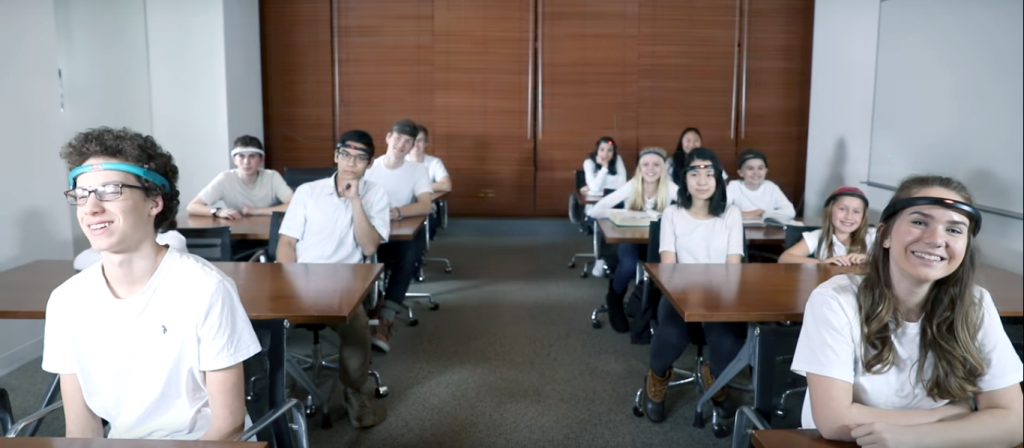How much anxiety would you have if your professors could monitor in real time and unequivocally your level of attention during a lesson? In China is going to become almost a reality, thanks to the American startup Brianco. and the Focus 1 headbands system.
It is a complete wearable monitoring system, that is wearable, that would allow teachers to understand in real time the degree of concentration of their students through a headgear equipped with sensors to put on their head. The device can practically read the brainwaves of the students. The data collected are then processed by a software that manages to keep track of the involvement of the subjects examined and to create a detailed report through the FocusEduplatform.
It is now spoken of a total order by the Chinese government of 20 thousand devices, to be distributed in the institutes of the Province Of Guinzhou But, as it also Specifies The founder of Brainco. and former Harvard Universitystudent, Bicheng Han, the goal is to be able to monitor roughly 1.2 million young people. Next step will be the creation of personalized recovery plans with respect to the individual characteristics of the pupils. To teachers the task of “correcting” through specific programs, the defects of attention of students with greater difficulties.
The Chinese government program does not stop at brainwaves. In theJiangnan Experimental SchoolElementary School in Hangzhou , Zhejiang Province, Where the first experiments on children were started, we came to study not only the electrical impulses of the brain but the facial expressions thanks to the installation of cameras used for the facial scanning of students every 30 seconds, to Detect their state of mind and, as a result of their state of attention, earn a score. A kind of attention card.
The future, in short, also passes for mass monitoring.
The questions that the scientific community poses now are different. First of all there is a doubt that the system detects the degree of attention or concentration, but that the same attention can relate to topics other than those treated in the classroom, thus distorting the tests.
